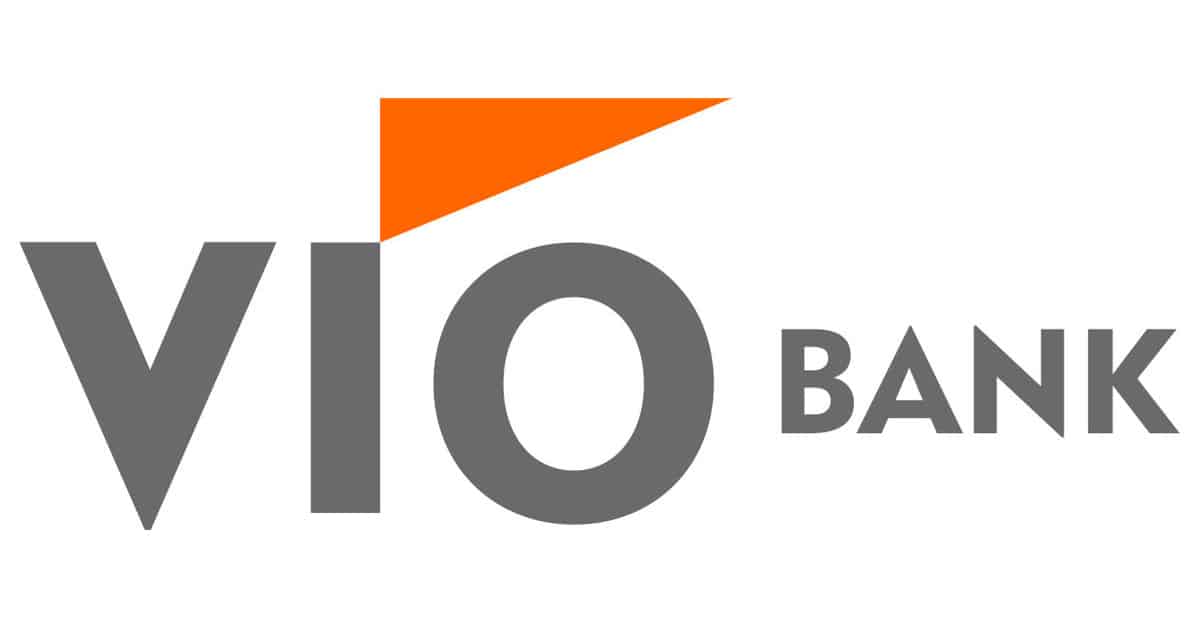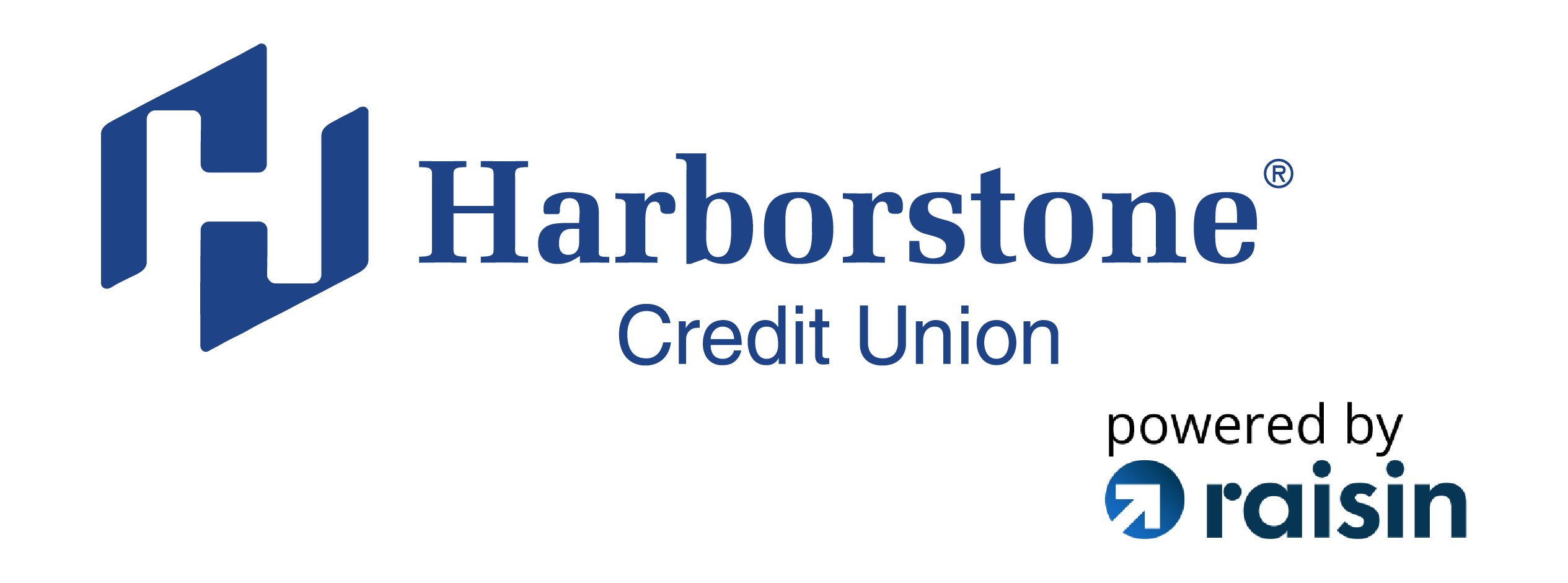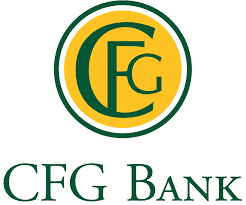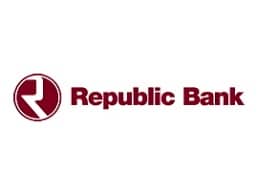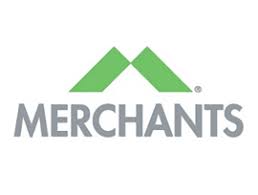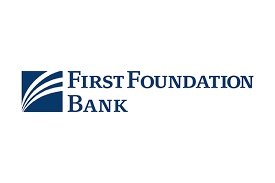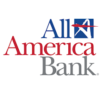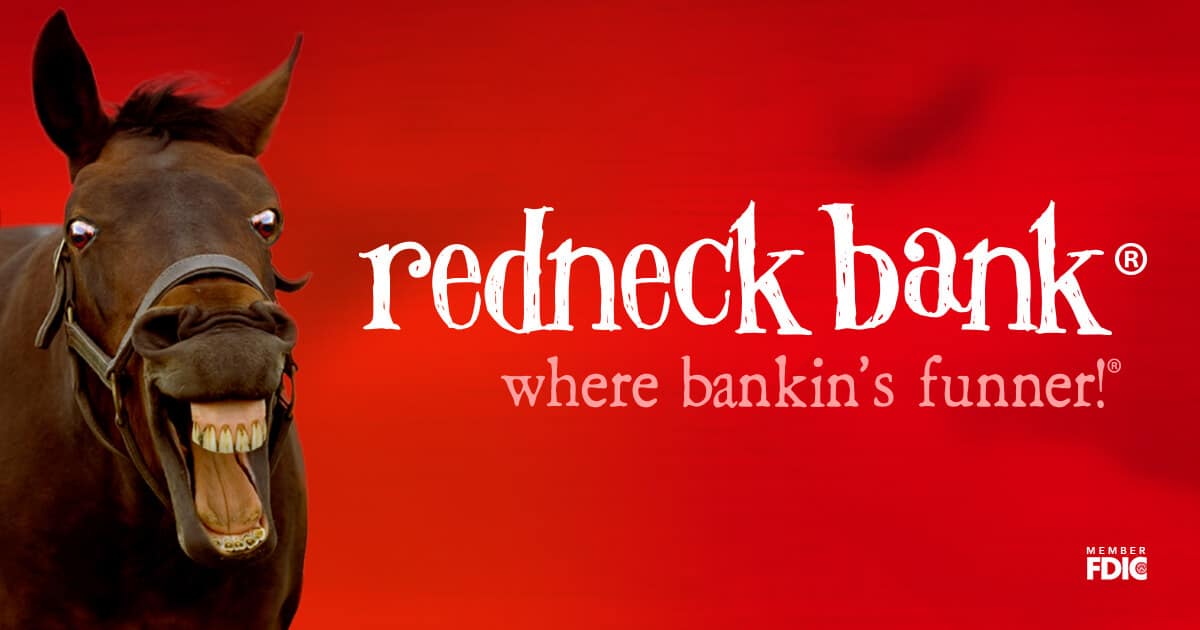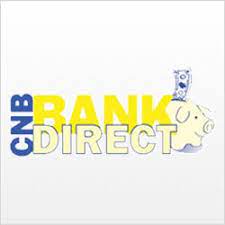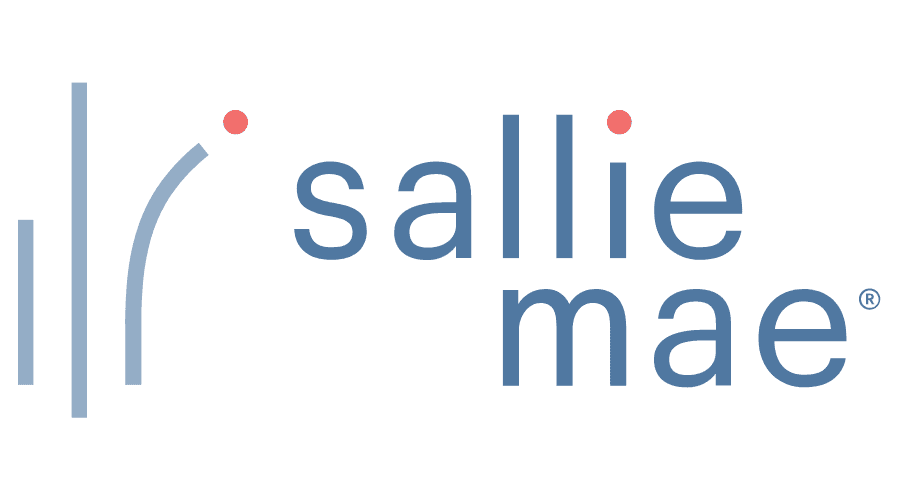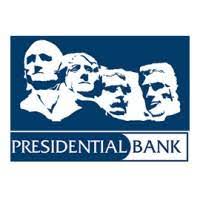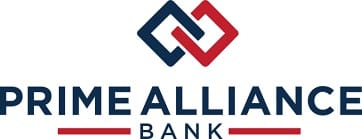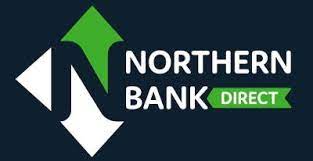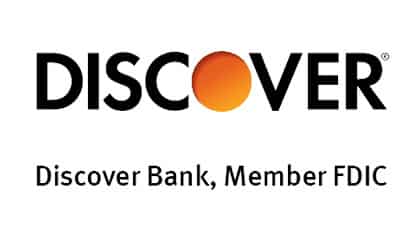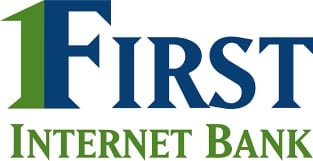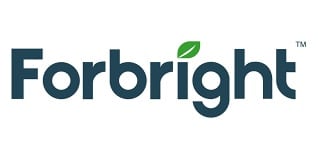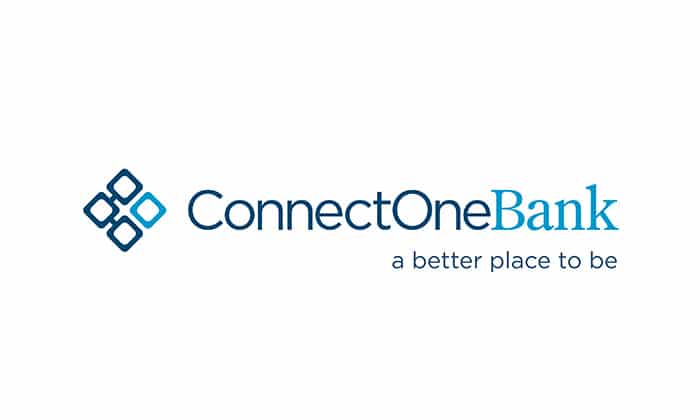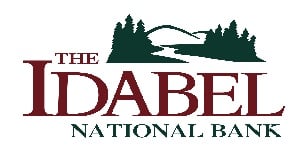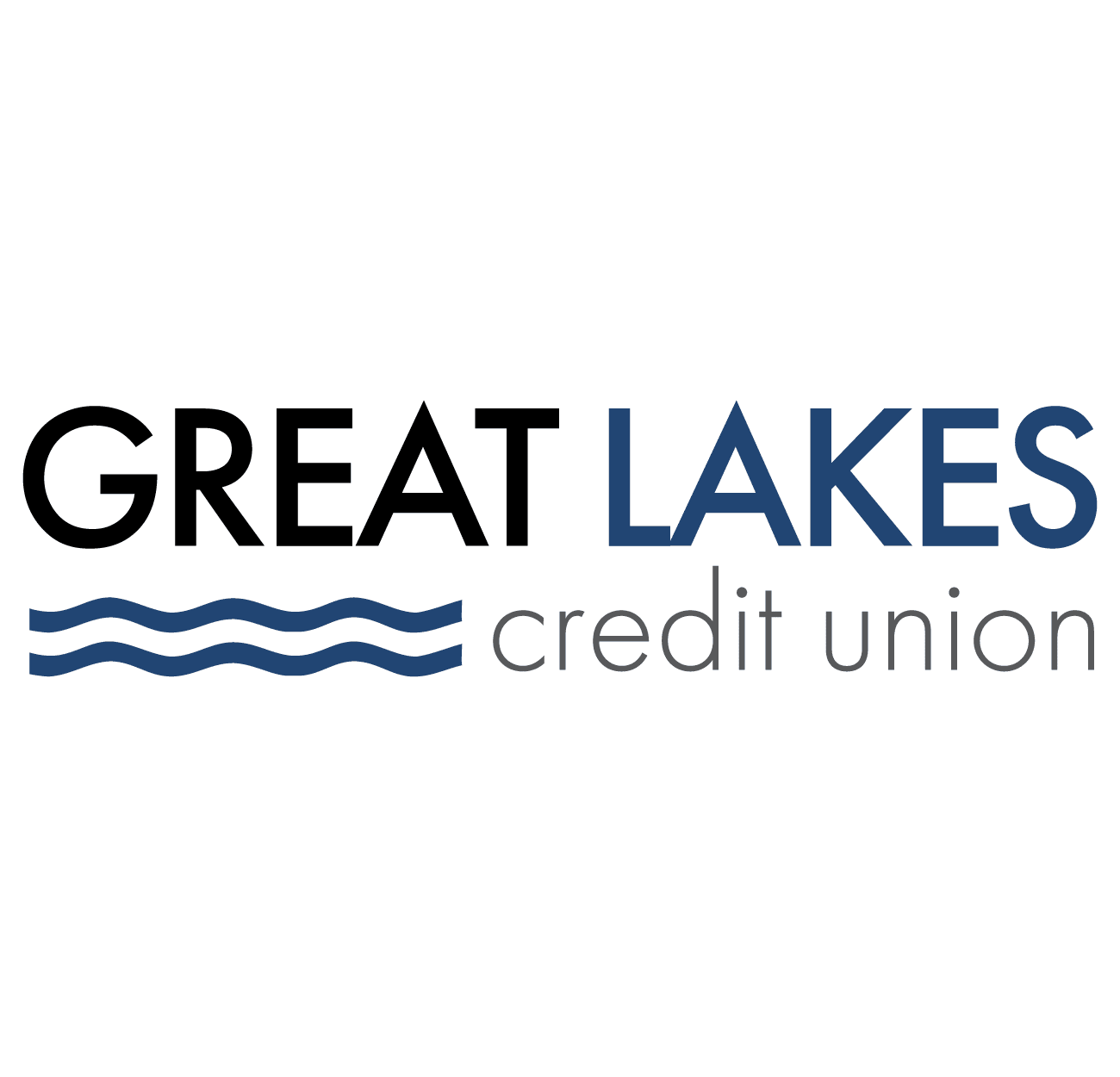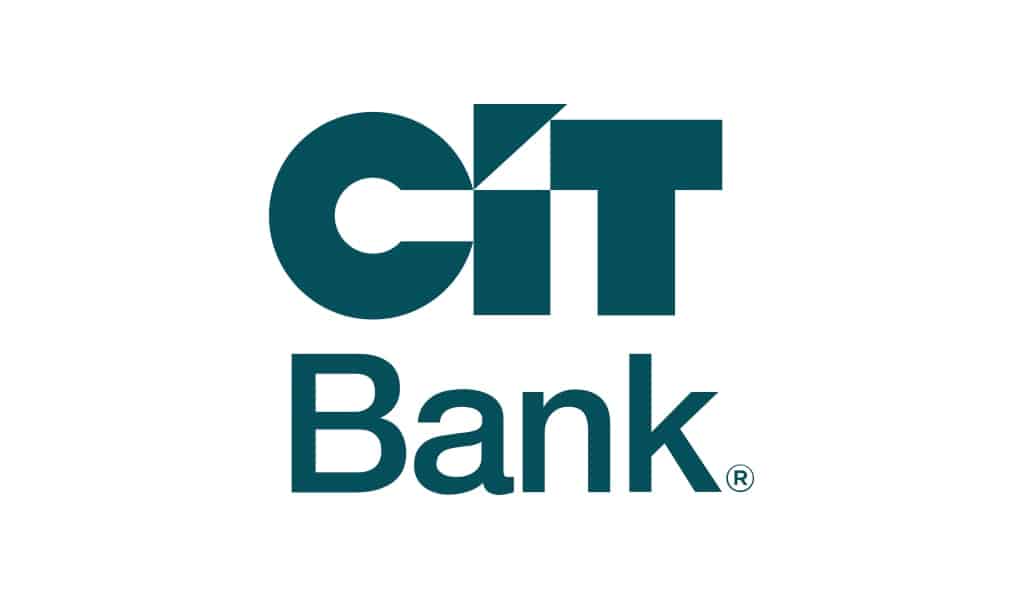Editorial Note: We earn a commission from partner links on Doughroller. Commissions do not affect our authors’ or editors’ opinions or evaluations. Learn more here.
Some of the best savings rates come from money market accounts. These accounts act like a combination of checking and savings accounts. We track MMA rates and list the best money market accounts below.
Money market accounts pay interest on the amount saved similar to savings accounts. What distinguishes an MMA from a savings account are checking features. Some money market accounts offer checking writing features and a debit card.
For many savers, however, the key issue is the interest rate for savings. Given that, we list all of the MMAs in our database below based on their APY.
Featured Money Market Accounts
Bank/Credit Union
Min. Deposit
APY
Learn More
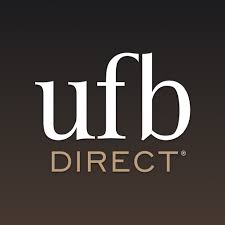
5.25%
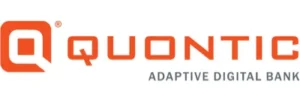
5.00%

5.20%
Best Money Market Accounts by APY
FAQs
What is a money market account?
A money market account is similar to a savings account. It pays interest and limits the number of monthly transactions.
How is a money market account different from a savings account?
A money market account is very similar to a savings account. Some MMAs offer checking writing privileges and debit cards. In this regard, an MMA often has features similar to both a savings account and a checking account.
How is a money market account different from a checking account?
MMAs tend to pay higher interest rates. In addition, you are limited to just 6 transactions a month with a money market account.
Are money market accounts FDIC insured?
Money market accounts at a bank are insured by the Federal Deposit Insurance Corporation (FDIC). MMAs at a credit union are insured by the National Credit Union Administration (NCUA).
How many withdrawals can you make from a money market account each month?
You can withdraw money or make payments up to six times each month via check, debit card or electronic transfer. ATM withdrawals do not count against this limit.
Related: Check out the best online savings accounts for an alternative option to money markets.


